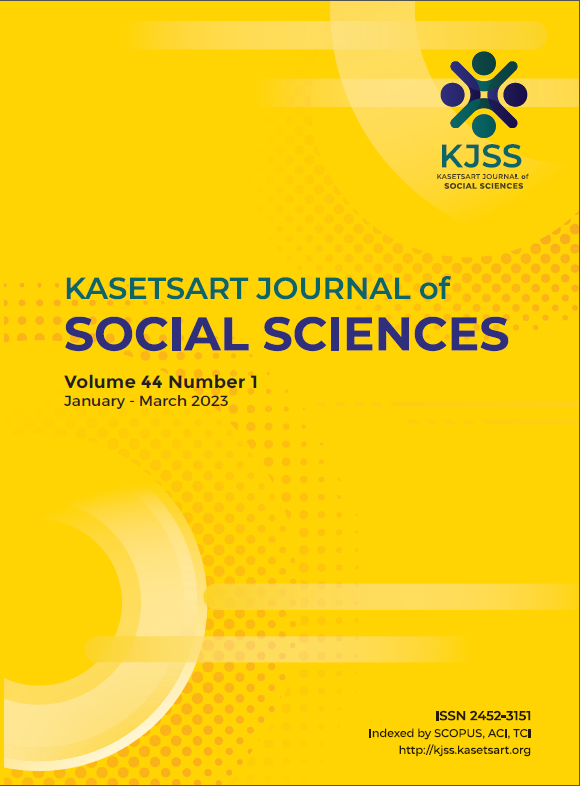Career awareness linkage strategies to support learning career education and STEM education
Keywords:
career awareness, career education, linkage strategy, STEM educationAbstract
This study analyzed the attributes and competencies for careers that correspond to STEM education to facilitate career awareness in early childhood and assessed the appropriateness of career awareness and career exploration through career education that supports STEM education. A number of methods were used to assess skills and competencies for early childhood children: Synthesizing existing research, interviews with well-known 12 people who have careers in STEM fields (e.g., psychologists, scientists, entomologists, physicians), and stakeholder analysis, and a career linkage strategy model. The findings indicated that the most important attributes and competencies for overall child development were the ability to recognize one’s own emotions, to form one’s attitude, to build one’s character, to develop one’s personality, and to learn competence that could form one’s identity and be used in a variety of situations. The career linkage strategy model is proposed for connecting each stakeholder to support children’s career learning. It connects schools, family, and other supports that could yield results in career awareness in early childhood children. The career linkage strategy model is a way of promoting the role of society in career learning in early childhood. It found that all sectors were important as they facilitated or affected career awareness in early childhood.
Downloads
Published
How to Cite
Issue
Section
License

This work is licensed under a Creative Commons Attribution-NonCommercial-NoDerivatives 4.0 International License.
This is an open access article under the CC BY-NC-ND license http://creativecommons.org/licenses/by-nc-nd/4.0/










